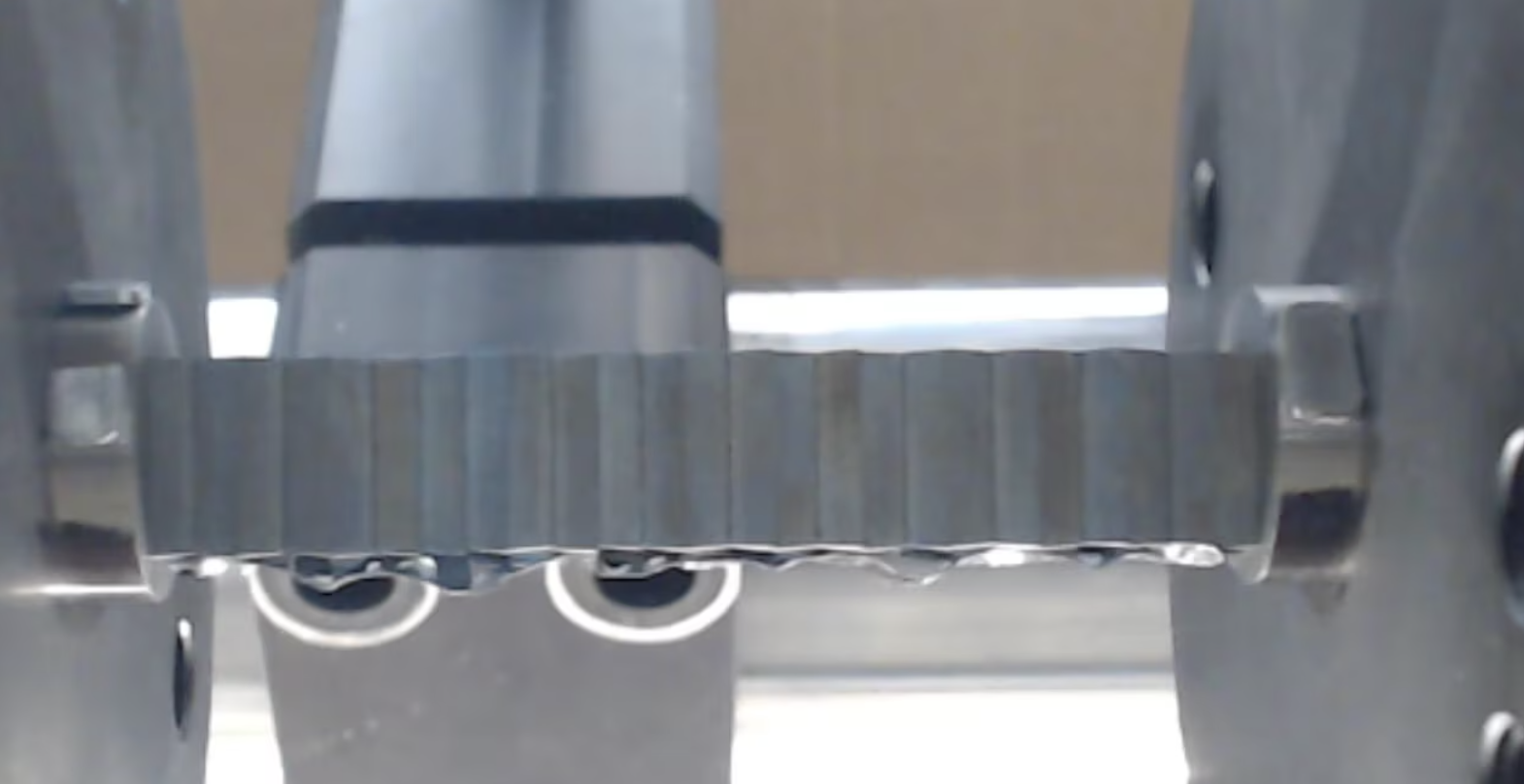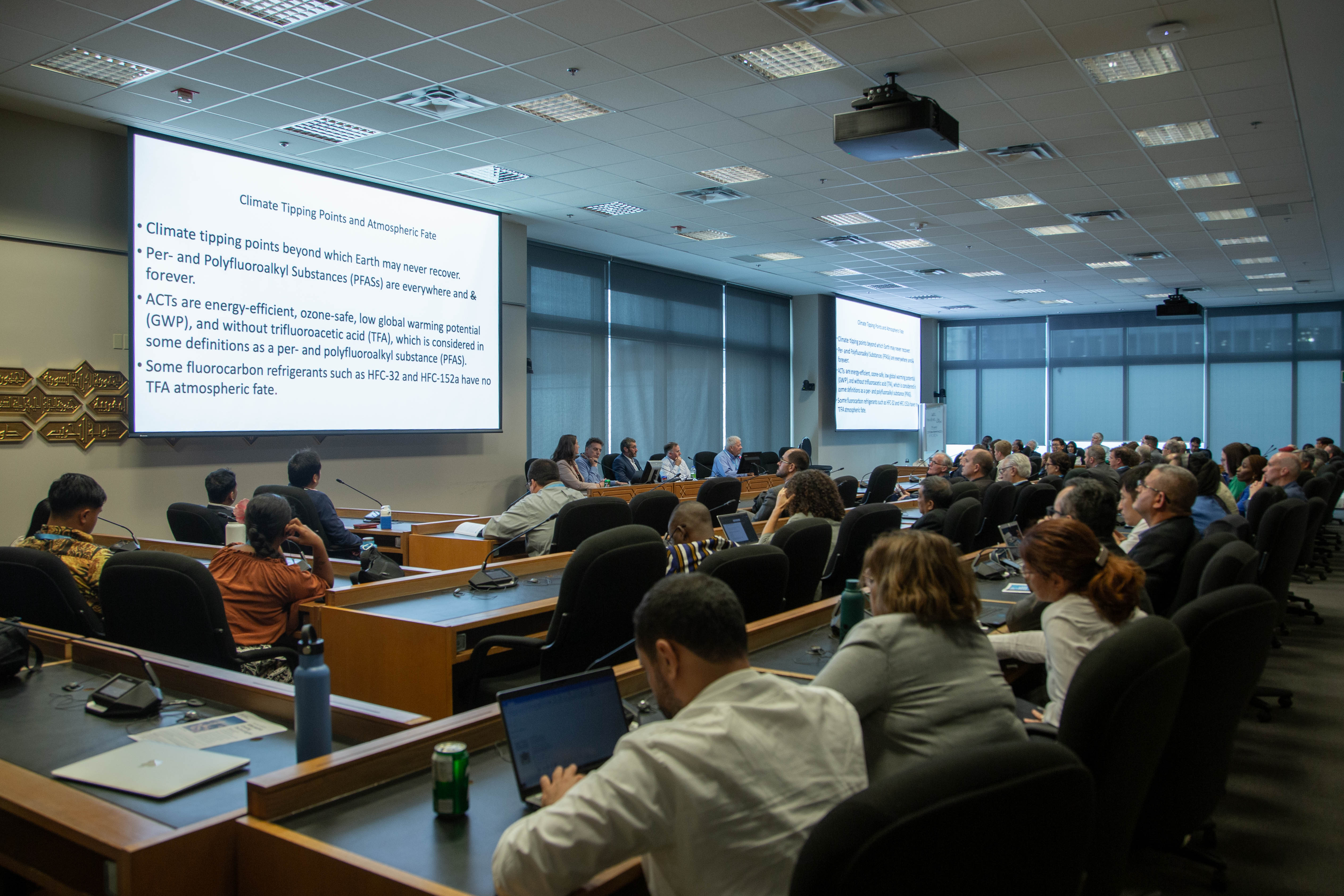Alternative Cooling Technologies may be essential in the HFC transition.
Alternative Cooling Technologies (ACTs) are cooling systems and methods that do not require the use of any fluorinated substance, including “not-in-kind” alternatives to vapor compression. ACTs already play an essential role in the transition away from hydrofluorocarbons (HFCs), and they continue to make rapid technological advances. Scaling ACTs will be necessary to comply with existing and future climate regulations (including the global phasedown of HFCs), as well as to increase the ambition of these regulations. The role of not-in-kind substitutes in the phaseout of ozone-depleting substances set a compelling precedent for the role that ACTs can play in the HFC phasedown. Maximizing the climate and environmental benefits of ACTs will require active leadership and support from Parties to the Montreal Protocol. In our policy brief, available for download below, we recommend several concrete actions that policymakers can take to help scale deployment of ACTs.

Opportunities for Alternative Cooling Technologies in the HFC Transition
This policy brief builds on the CC Lab's side event on Alternative Cooling Technologies (ACTs) at the Montreal Protocol's 46th Open-Ended Working Group, which drew a capacity crowd.
The side events featured leading cooling technology and climate policy experts, including Dr. Stephen O. Andersen, founding co-chair of Montreal Protocol’s Technology and Economic Assessment Panel; Richard Blackburn, Technical Fellow at Exergyn; Maas Goote, the former UNFCCC lead negotiator for the European Union; and Eion Riordan of the Irish government. The panel was introduced and moderated by Dr. Anastasia O’Rourke, Senior Managing Director of the CC Lab.
Looking ahead to the 36th Meeting of the Parties later this year and beyond, the Carbon Containment Lab will continue to search for examples of alternative cooling technologies that are in the market or working toward the market, and welcomes input regarding this emerging and fast-growing area.

